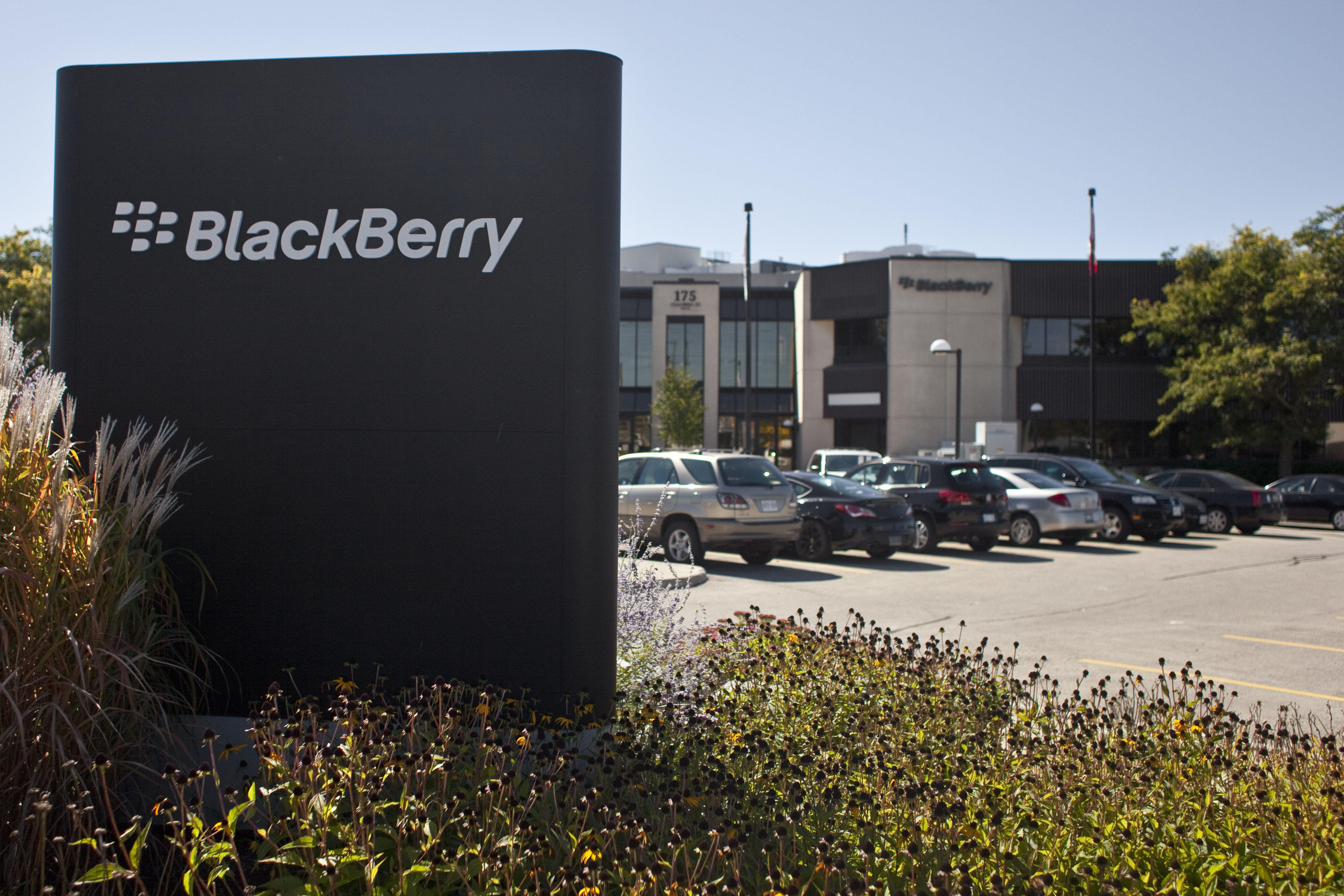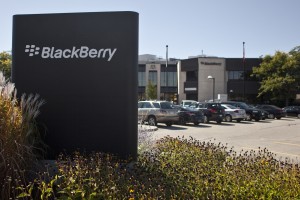Tech helps Haiti


In Canadian universities, many professors are battling against the use of technology in the classrooms, deeming devices such as cell phones an impediment to learning. But in Haiti, cell phones are being used to improve student learning.
Wilfrid Laurier University and BlackBerry are working together to provide electronic devices, as well as training on how to use these devices, to improve teaching and student development in Haiti.
Steve Sider, assistant professor in the faculty of education at Laurier, began the Digital Mentoring Project three years ago. The project entails working with Haitian principals by giving them BlackBerry devices (smartphones and tablets) to enable communication domestically and internationally with other educators in Canada.
“The essential philosophy is that by equipping school principals with resources that they need and with a community to help them develop their leadership skills, they will then equip their teachers,” explained Sider. “Teachers who are equipped with new ideas, new concepts, collaborative problem solving, are going to teach in a different way … So that will eventually trickle down and support student learning. That’s the big goal — we want to improve student learning.”
Sider’s development of the project came from his experience with executing professional development in the Dominican Republic as well as being an Ontario school principal.
The realization that Haitian principals had devices and could benefit from further instruction on how to fully utilize them is what led him to the project idea.
“Over the next couple of years I went back [to Haiti] once a year, twice a year, just to do face-to-face workshops … It was one of those ‘aha!’ epiphanies. Every principal bringing a cell phone to these workshops, how can we connect principals? It was out of that that we started talking about being connected beyond traditional face-to-face times,” said Sider.
Rob McBride, BlackBerry director and WLU alumnus, first read about the project in a Waterloo Region Record article about Sider, who was asking for old cell phones from the community.
“Steve, at the time, was looking for donations, so I worked with the resources I had at BlackBerry so we can get devices that aren’t old and broken down. So we’re able to get some refurbished units and that number’s grown over the past two years,” said McBride.
McBride’s ability to fluently speak Haitian Creole — from volunteering in Haiti for two years — and his expertise in BlackBerry devices enabled him to provide effective training to the principals.
Sider and McBride explained that they both have a passion for education advancement and bettering the lives of other people, which drives their motivation for this project.
“It’s important that we reach out to a country like Haiti and third world nations and make sure they’re aware of what technology can do to help advance education to help advance progression,” said McBride.
“We live in a global village. If our world is getting smaller, then I don’t only need to be concerned about the child in my backyard, but also the children in other parts of the world,” said Sider.
A trip to Haiti is scheduled in May with a group consisting of six WLU bachelor of education students, educators from school boards, a representative from the ministry of education, Sider and McBride.
According to Sider, the trip has two purposes: WLU students will be working with Haitian high school students in conversational English lessons and the remainder of the group will be focusing on leadership development and technology training.
Beyond the goals he has set for improving student learning through the project, Sider hopes that Canadian principals will develop a more global mindset and increase collaborative efforts between Haitian principals.


